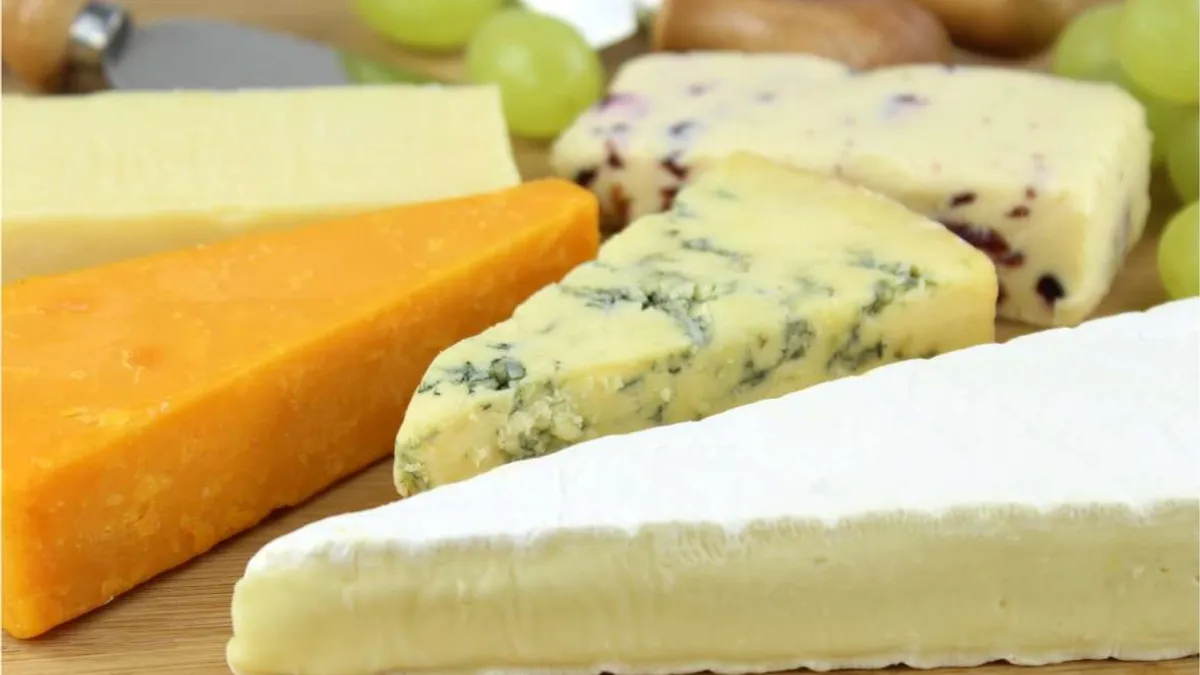Dive Brief:
- The U.S. proposed tariffs on $4 billion of European Union goods, in response to an ongoing dispute over aircraft subsidies. The latest duties comprise a supplemental list, adding on to tariffs proposed in April, valued at $21 billion and subject to duties up to 100%.
- USTR said the supplemental list comes in response to public comments and testimony in May on the initial list of EU tariffs. A number of the comments requested duties on additional products not on the original 14-page tariff list, according to USTR.
- USTR will hold a hearing Aug. 5 on the supplemental list. Implementation of the tariffs is subject to the decision of an arbitrator investigating the claims of harmful EU aircraft subsidies. USTR said if the arbitrator comes to a decision before the public comment period is over, "the USTR may immediately impose increased duties on the products included in the initial list, and take further possible actions with respect to products on the supplemental list.
Dive Insight:
The $4 billion worth of products on the supplemental list consists mainly of food items, including cheeses, olives, meats, pasta and whiskey. Chemicals and metals are also on the list.
The Scotch Whisky Association, headquartered in the U.K., said exports of scotch and Irish whiskey from the EU to the U.S. have faced zero tariffs for 20 years. Imposing duties "harms economies on both sides of the Atlantic," a spokesperson said in a statement. Scotch makes up 12% of the U.S. whiskey market, and the U.S. is the largest export market for whiskey by value.
Unlike the China tariffs, which could not be imposed until after a seven-day rebuttal comment period following the last day of hearings, the U.S. can implement the proposed EU tariffs at any time after the arbitrator makes a decision, which could happen before the conclusion of a public comment period.
The timing uncertainty keeps supply chains on their toes, and importers and exporters must be prepared for tariffs to take effect at any time.
Comments and testimony from earlier this year on the EU tariffs reflect similar sentiment to the seven days of USTR hearings on the tranche four China tariffs: Alternative sources of supply don't always exist, supply chains can’t pick up and leave overnight and higher import tax rates can make businesses non-competitive.
In one comment on the EU tariffs, Mars Wrigley Confectionary said proposed tariffs on "sweet biscuits" would make the manufacturer non-competitive. Several varieties of Twix candy bars fall under this category, and "no non-EU alternative source for them exists in our supply chain,” according to Mars.
The North American Olive Oil Association noted similar concerns related to sourcing. "There is no viable alternative to European olive oils, either in terms of volume or flavor profile and quality," the organization said in a comment.
A comment from Chicken of the Sea noted its business already has extremely low margins. Additional duties, especially up to 100%, would have significant bottom-line impacts and likely lead to increased consumer prices.














